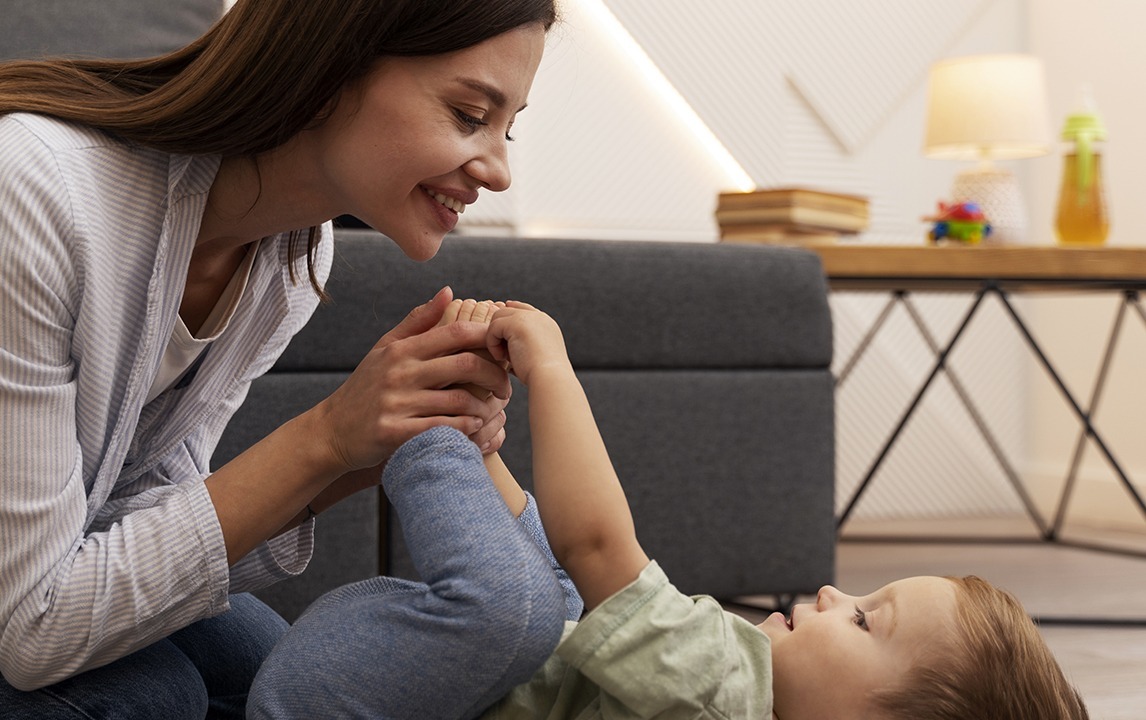Published by How to Read Your Baby | 2025
Parenting education is more than just a support tool for new parents—it’s a proven strategy to foster healthier families, stronger communities, and more resilient children. From improving parent-child relationships to reducing the risk of child abuse and neglect, parenting education has been shown to provide measurable benefits across generations. As demand grows for professional development for parenting educators, the evidence supporting these programs continues to expand.
This article explores the impact of parenting education programs, supported by recent studies and data, and makes the case for greater investment in parent engagement strategies.
What Is Parenting Education?
Parenting education refers to structured programs, resources, and training designed to increase parenting knowledge, confidence, and positive parenting practices. Delivered by trained parent educators, these programs may take place in community centers, home visiting programs, healthcare facilities, or online.
Effective parenting education focuses on improving parent-child relationships, promoting emotional development, and equipping caregivers with tools to raise children who are socially and emotionally healthy.
Why It Matters: Core Benefits of Parenting Education
Strengthens Parent-Child Relationships
- Secure attachments formed early in life are key predictors of long-term emotional and behavioral health.
- Programs that teach parents how to read and respond to their child’s cues and emotions promote trust, empathy, and self-regulation.
Promotes Positive Parenting Practices
- Caregivers who receive structured guidance show higher rates of consistent discipline, nurturing behavior, and communication.
- A 2020 study published in Pediatrics found that parents who participated in skills-based programs were 40% more likely to engage in developmentally appropriate play and learning activities.[1]
Reduces Risk of Child Abuse and Neglect
- According to the U.S. Department of Health and Human Services, parenting education programs can reduce substantiated cases of child maltreatment by up to 45%.[2]
- By improving caregiver coping strategies and communication, these programs create safer, more stable home environments.
Supports Family Well-Being
- Research from the Harvard Center on the Developing Child shows that improved caregiver well-being has a direct impact on a child’s ability to thrive.[3]
- Parenting education reduces caregiver stress and increases confidence in parenting decisions, which improves overall family dynamics.
Evidence-Based Data on Impact
Parenting Education Improves Outcomes for Families
- A 2019 meta-analysis by the American Psychological Association revealed that parenting education significantly improves parenting behavior, child outcomes, and caregiver self-efficacy across 77% of reviewed programs.[4]
- Participants report higher levels of parent engagement, improved responsiveness, and increased emotional awareness as a result of quality parenting education.
Increased School Readiness and Social Skills
- Children whose caregivers receive parenting education show better performance in early literacy, communication, and socialization.
- A longitudinal study by the University of North Carolina showed that children from parenting-educated households were 33% more likely to enter kindergarten with age-appropriate skills.[5]
Empowering Professionals Who Work With Families
- Training for parenting educators improves delivery consistency and expands community capacity to support families.
- Programs using structured modules and guided practice help build professional confidence and effectiveness.
Real-World Impact: Quotes from the Field
“These trainings gave me the tools to understand parents better—and to help them understand their child.” — Family Engagement Specialist
“Parenting education has completely changed the way I support families. I feel more prepared, more confident, and more effective.” — Home Visiting Professional
Why Professional Development for Parenting Educators Is Essential
To maximize the benefits of parenting education, ongoing training and professional development are crucial. Parenting educators must understand not just child development but how to communicate that knowledge effectively to caregivers from all walks of life.
Strong programs prioritize:
- Trauma-informed, culturally responsive teaching
- Techniques for supporting infant mental health
- Hands-on strategies to build caregiver engagement
When educators are well-prepared, families benefit from higher-quality interactions and outcomes.
Conclusion: A High-Return Investment in the Future
Parenting education is a cost-effective, scalable way to support family well-being, strengthen parent-child relationships, and prevent adverse outcomes. It empowers both caregivers and professionals, ensuring children grow up with the emotional and relational foundation they need to thrive.
For policymakers, funders, and community leaders, investing in parenting education is not only wise—it’s necessary.
Learn More
Visit https://www.howtoreadyourbaby.
References
- Smith, T., & Carlson, M. (2020). Parenting Interventions and Play Engagement. Pediatrics, 146(3), e20200234.
- U.S. Department of Health & Human Services. (2021). Prevention Resource Guide: Strengthening Families and Communities.
- Harvard Center on the Developing Child. (2022). Five Numbers to Remember About Early Childhood Development.
- American Psychological Association. (2019). Meta-Analysis on the Impact of Parenting Interventions.
- Campbell, F. A., et al. (2012). Early Childhood Education and Lifelong Health. University of North Carolina at Chapel Hill.

